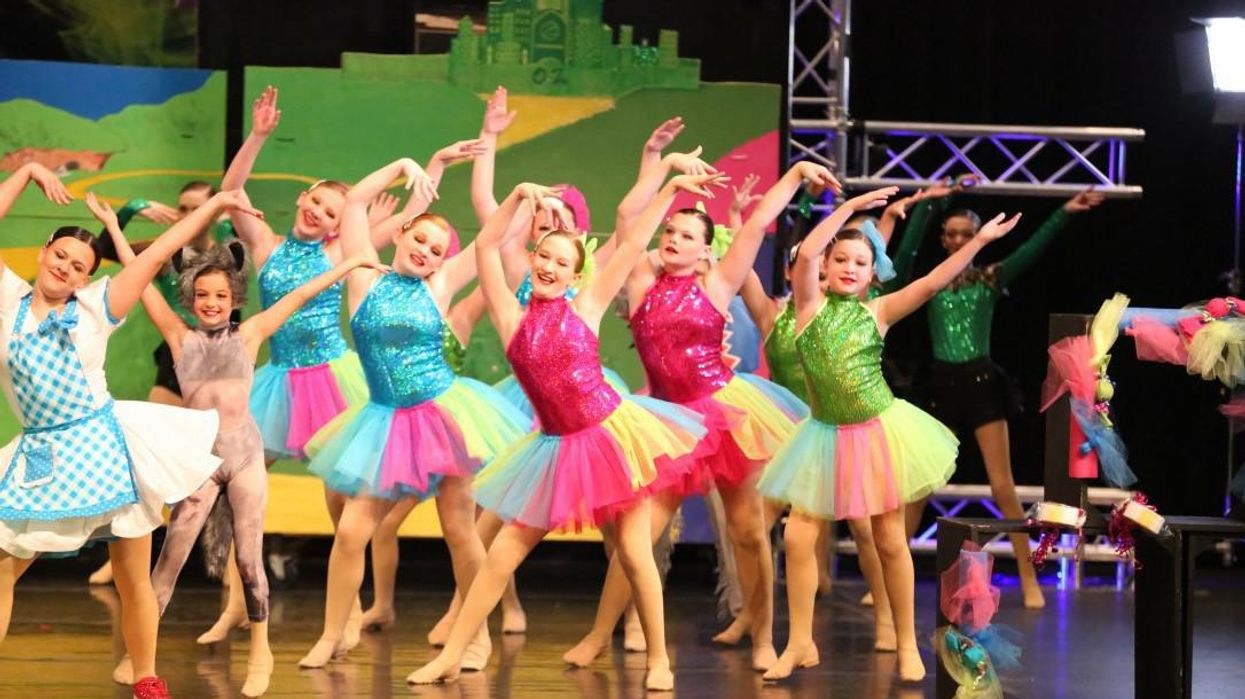In the intricate dance of modern life, entertainment stands as a steadfast companion, a source of joy that evolves in tandem with our cultural, technological, and societal shifts. From the flickering screens of early cinema to the immersive realms of virtual reality, the landscape of entertainment has undergone a profound transformation, weaving itself into the very fabric of our existence. As we embark on this journey through the changing tides of joy, it becomes clear that entertainment is not just a pastime; it is a mirror reflecting our collective desires, aspirations, and the constant pursuit of delight.
Historically, entertainment has worn many faces, each shaped by the technological innovations and cultural nuances of its time. The Golden Age of Hollywood brought the enchantment of cinema to audiences worldwide, offering an escape into worlds of glamour, romance, and adventure. The shared experience of sitting in a darkened theater, collectively gasping at plot twists or erupting into laughter, became a cultural cornerstone, creating bonds among diverse audiences.
The advent of television expanded the accessibility of entertainment, bringing it directly into our living rooms. Families gathered around the TV set, creating shared memories of watching sitcoms, dramas, and landmark events like the moon landing. Television transformed entertainment from a public affair to a more intimate and personal experience, allowing viewers to curate their choices and schedules.
Fast forward to the digital age, and the landscape of entertainment has undergone a seismic shift. Streaming platforms have liberated content from the constraints of time and space, enabling viewers to consume their favorite shows and movies on their terms. Binge-watching, once a novel concept, has become a cultural phenomenon, reshaping how narratives are constructed and consumed.
The realm of music has experienced a digital revolution, transcending physical formats and embracing the accessibility of the internet. Streaming services have democratized the music industry, allowing listeners to explore genres and artists from around the world effortlessly. Playlists have become personal soundtracks, reflecting the moods and emotions of our daily lives, creating a seamless fusion of technology and musical expression.
Video games, once relegated to the niche interests of a select few, have become a global cultural force. The gaming industry, with its technological advancements and narrative complexities, now rivals and often surpasses traditional forms of entertainment. Video games offer not just a means of escapism but a participatory and interactive journey, where players shape the outcomes of the story.
Social media has emerged as a transformative force, turning entertainment into a participatory and communal experience. Platforms like Instagram, TikTok, and YouTube have turned everyday individuals into content creators, shaping the cultural conversation and redefining celebrity culture. Memes, challenges, and trends spread like wildfire, creating a shared global experience that transcends borders and demographics.
The COVID-19 pandemic further accelerated the digital transformation of entertainment. Live events, once reliant on physical venues, pivoted to virtual spaces. Livestreamed concerts, online theater performances, and digital art exhibitions became not just adaptations but innovations, demonstrating the resilience and adaptability of the entertainment industry.
In this ever-evolving landscape, the essence of entertainment remains constant: the pursuit of joy, connection, and shared experience. As we traverse the changing tides of joy in the 21st century, let us celebrate the diversity, accessibility, and transformative power of entertainment. It is not merely a reflection of our desires; it is a co-author of our cultural narrative, shaping and being shaped by the collective yearning for delight and connection in the ongoing symphony of life.

